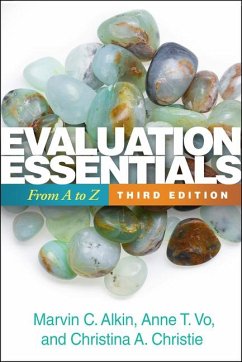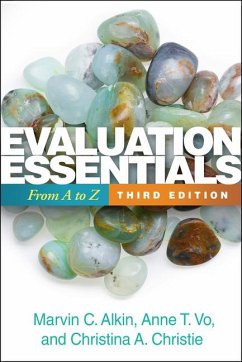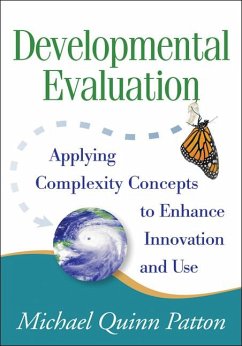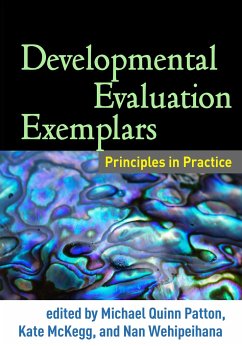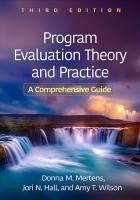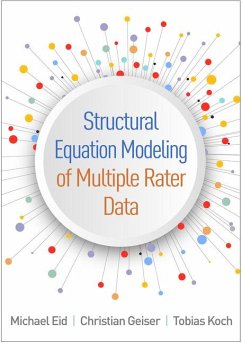
Principles-Focused Evaluation
The Guide

PAYBACK Punkte
55 °P sammeln!
How can programs and organizations ensure they are adhering to core principles--and assess whether doing so is yielding desired results? From evaluation pioneer Michael Quinn Patton, this book introduces the principles-focused evaluation (P-FE) approach and demonstrates its relevance and application in a range of settings.






